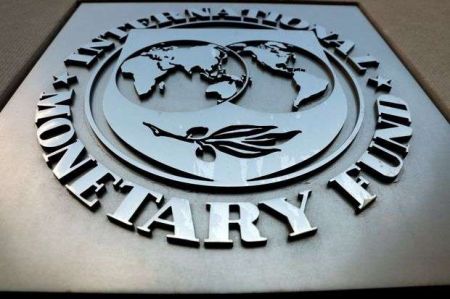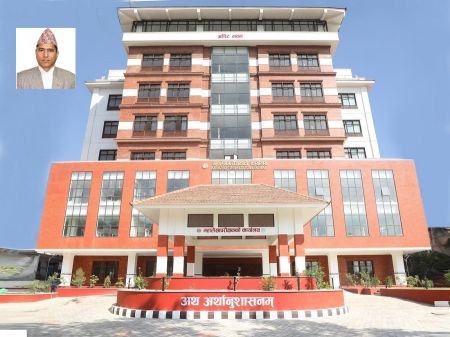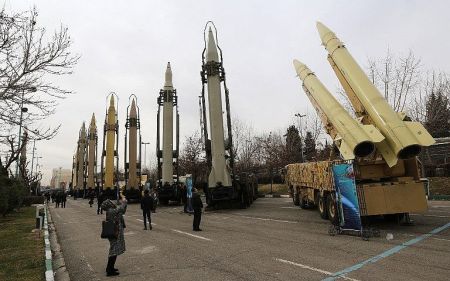--By Satyanarayan Keyal
Some countires have developed tremendously despite them having low natural resources. South Korea and Singapore are two examples. Nepal, on the other hand, hasn’t been able to develop though it is rich in natural resources. Today, we are dependent on other countries even for everyday essentials. Yet, we are talking about a self-reliant economy.
In today’s globalised world, a self-reliant economy means an efficient and capable economy. If we can make the most of the resources we have, there is no reason why we cannot become a self-reliant country. For this, we need a will and determination and honestly. There are enough examples where science and technology have made many impossible things possible.
For a self-reliant economy, the country’s politics has to be focused on development. Development has to be the ultimate goal of politics. Almost all political parties say economic development is their goal. They have also committed to rapid economic growth and ways to achieve such a growth have also been discussed. However, honesty, the main problem has been seen in the implementation process.
It is not enough to have written provisions for development in the constitution to achieve the pros-perity we have imagined. The problem is these provisions are not effectively implemented. We give examples of countries like Sweden, Denmark, the Netherlands, Switzerland etc but we haven’t been able to transform ourselves. Therefore, just talking about development is not going to work.
For the time being, we should focus on how we can be independent in the basic things. Investment from the private sector is a must here. We should identify the areas of comparative advanatage and long-term strategic significance and enourgae industrial investment in such areas. We need invest-ment-friendly policies and laws and effective implementation. Production has to be increased. The target should be to gradually displace imports by increasing domestic production. We can lower the rising trade deficit by increasing exports and displacing imports. Increasing both production and ex-ports is the way to achieve self-reliance and increase income.
Hydropower generation could be of strategic importance. We have huge potential in hydropower. It’s been decades since we first started talking about generating thousands of megawatts of hydroelectricity. However, we haven’t been able to produce even 1,000 MW so far. Bhutan, one of our close neighbours, has made exemplary progress in harnessing hydropower. Why are we lagging behind though we have better prospects in hydropower than Bhutan? We never had a clear investment-friendly policy. It’s not that some encouraging work have not been done in terms of hydroelectricity generation of late but nobody is sure when these efforts will face hurdles. Hydropower projects should have legal protection against any kind of obstruction. The state should not hesitate from even using force if there is obstruction in the generation of hydropower.
Solar energy has good prospects but we don’t seem to be eager about using it. The industries haven’t been able to become competitive due to the lack of energy. The energy crisis has seriously affected them. We haven’t been able to diversify agriculture and herbs and tourism. Whatever has been done in these sectors is subsistence-oriented. Mines have been located at various places. However, no studies have been carried out for their excavation. Mine-based industries have good prospects. For this, we need a clear policy base. There is immense possibility of being self-reliant in sectors like education, health and medicines, but our dependency in these sectors has been increasing.
The private sector makes the basis for economic development. Without active participation of the private sector, a self-reliant economy will remain a mere dream. However, the state as well as the political parties is not positive towards the private sector. Industrialists and businessmen deserve respect. The state must move in partnership with the private sector. The state’s policies should be such that they encourage the private sector. Those responsible for running the state affairs need to undergo a behavioural change accordingly.
The political parties take industries as a fertile ground for breeding political cadres. Such a practice has to come to an end. An industry-friendly labour law is lacking. The Labour Act should have clear provisions for hiring and firing. The private sector becomes the first target of political strikes. The production of thousands of industries has been affected at present. How is a self-reliant economy possible if bandhs and strikes continue in the country? The business and industry sector must be made free from all kinds of strikes. There is a need for a law regarding this.
Nepal’s international trade is mainly dependent on India. This is because of the geographical situation and the physical infrastructures between the two countries. This is also because we are a land-locked country and the geography of our border with China is difficult. We should keep good relations with both our neighbours to benefit from their fast economic growth rates. There might appear some misunderstandings between two neighbours. For example, there is a misunderstanding between India and Nepal at present. It has affected our supply system. This is an issue which needs to be handled diplomatically. Spewing venom against a country is not going to work. The road to self-reliance becomes easier only if our policical and economic diplomacy with the neighbouring countries is successful.
The writer is the chairman of Keyal Group.





















